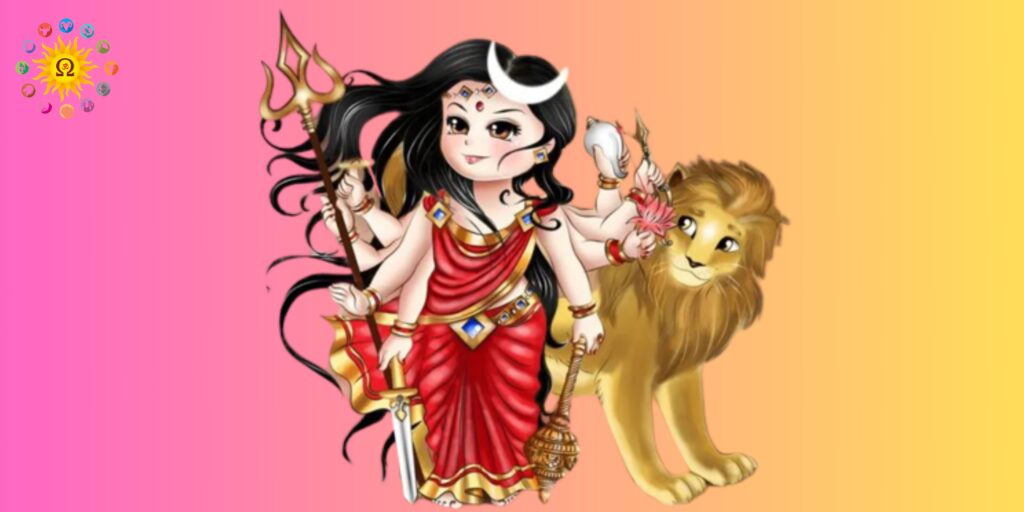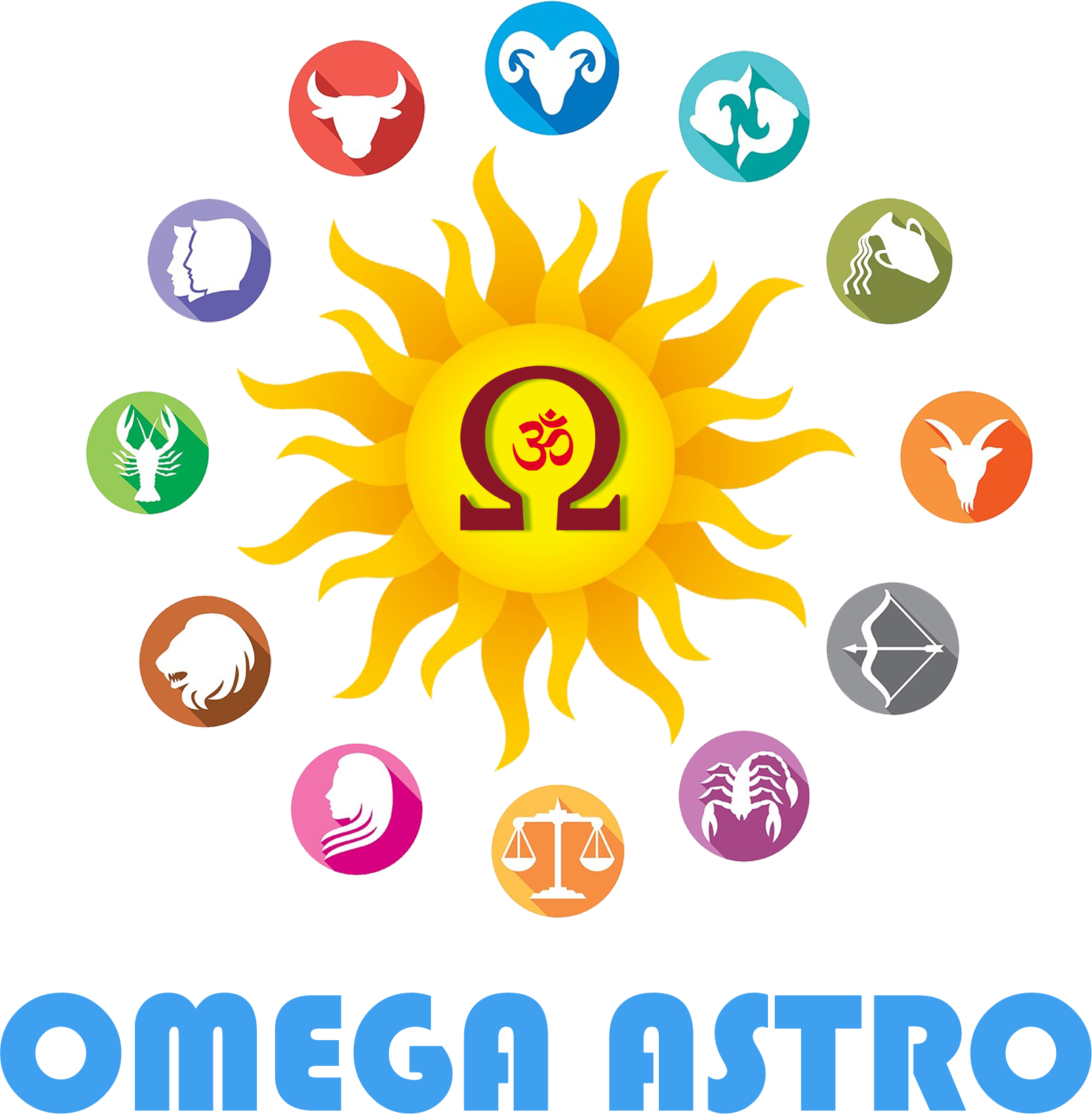Introduction to Navratri Festival
Welcome to Omega Astro, your trusted source for all things astrology, where celebrity astrologer Saurish Sharma leads the way into the mystical world of celestial insights. In this extensive article, let’s take a fascinating astrological journey into the colorful and spiritually uplifting festival of Navratri.Join us as we explore the deep-rooted history, captivating traditions, and the profound connection between Navratri and the nine planetary deities.
Unveiling the Essence of Navratri
Navratri, which means ‘nine nights’ in Sanskrit, is a cherished festival celebrated with great enthusiasm in India.This grand celebration spans nine nights and ten days, dedicated to the worship of the Goddess Durga in her various forms. It is a time of joy, devotion, and spiritual awakening that brings communities together.
Navratri History :
Tracing the Origins
The history of Navratri dates back to ancient times. Many believe that the origins of this festival can be traced back to the ancient Vedic scriptures. The significance of Navratri is deeply intertwined with its connection to the changing seasons and the alignment of celestial forces.
Celebrating Different Forms of the Goddess
Navratri marks the victory of Goddess Durga over the demon Mahishasura. During these nine nights, each form of the goddess is revered for her unique qualities and attributes. The festival symbolizes the triumph of good over evil, light over darkness, and knowledge over ignorance.
Navratri Celebrations: Traditions and Rituals
The Colorful Garba and Dandiya Raas
One of the best part of Navratri celebrations is the energetic and captivating dance forms of Garba and Dandiya Raas. These dances are performed with zeal and enthusiasm, with participants forming colorful circles and moving to the rhythmic beats of traditional music.
The Sacred Arti
The Aarti holds significant importance in Navratri customs. During this ritual, devotees light lamps or incense sticks and sing devotional songs to honor and praise the goddess. It’s a special moment of deep spiritual connection and reverence.
Fasting and Special Navratri Food
Devotees often observe fasts during Navratri, abstaining from grains and lentils. Instead, they consume special Navratri food made from ingredients like sabudana (tapioca pearls), kuttu (buckwheat), and singhara (water chestnut) flour. These dishes are not only delicious but also align with the fasting rituals.
The Astrological Significance of Navratri
The Nine Planetary Deities
Now, let’s dive into the core of our astrological exploration – the link between Navratri and the nine planetary deities. Every night of Navratri is connected to a particular form of the goddess and a corresponding planetary deity.
1. Shailaputri Devi (Day 1)

Planetary Deity: Moon (Chandra)
Attributes: Emotional balance, intuition, and mental clarity.
Worship: Seek blessings for emotional stability and enhanced intuition.
2. Brahmacharini Devi (Day 2)

Planetary Deity: Mars (Mangal)
Attributes: Courage, strength, and determination.
Worship: Channel the energy of Mars for courage and determination.
3. Chandraghanta Devi (Day 3)

Planetary Deity: Venus (Shukra)
Attributes: Love, beauty, and creativity.
Worship: Embrace the artistic and loving qualities associated with Venus.
4. Kushmanda Devi (Day 4)

Planetary Deity: Sun (Surya)
Attributes: Leadership, energy, and vitality.
Worship: Harness the power of the Sun for leadership and vitality.
5. Skandamata Devi (Day 5)

Planetary Deity: Mercury (Budh)
Attributes: Communication, intellect, and wisdom.
Worship: Seek blessings for improved communication and intellect.
6. Katyayani Devi (Day 6)

Planetary Deity: Jupiter (Brihaspati)
Attributes: Knowledge, wisdom, and spirituality.
Worship: Embrace the wisdom and spirituality of Jupiter.
7. Kaalaratri Devi (Day 7)

Planetary Deity: Saturn (Shani)
Attributes: Discipline, responsibility, and perseverance.
Worship: Seek strength in discipline and perseverance from Saturn.
8. Mahagauri Devi (Day 8)

Planetary Deity: Rahu
Attributes: Transformation, change, and hidden desires.
Worship: Embrace the transformative energy of Rahu.
9. Siddhidatri Devi (Day 9)

Planetary Deity: Ketu
Attributes: Spirituality, liberation, and enlightenment.
Worship: Seek spiritual enlightenment and liberation from Ketu.
Conclusion: A Celestial Connection
As we wrap up our astrological exploration of Navratri, we come to understand the deep connection between this festival and the nine planetary deities. Navratri is more than just a celebration; it’s a cosmic journey that aligns us with the energies of the universe. It guides us in embracing the divine qualities linked to each deity, helping us on our path toward spiritual growth and enlightenment.
At Omega Astro, guided by the wisdom of celebrity astrologer Saurish Sharma, we encourage you to immerse yourself in the rich traditions and spiritual significance of Navratri. May this festival bring you joy, inner peace, and a deeper connection with the celestial forces that shape our lives.
If you seek further astrological insights or guidance, do not hesitate to reach out to Omega Astro – your trusted companion on your celestial journey.







